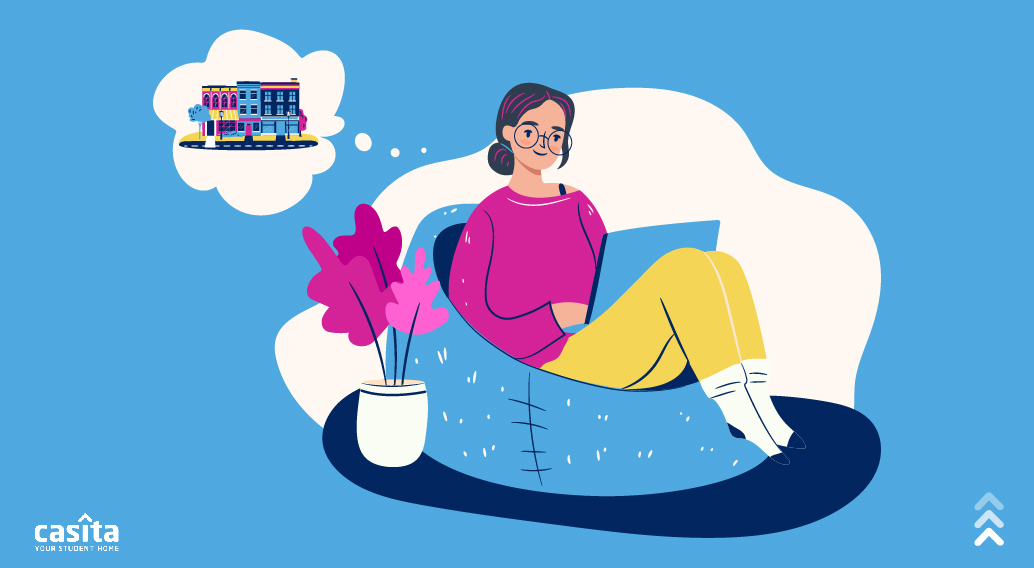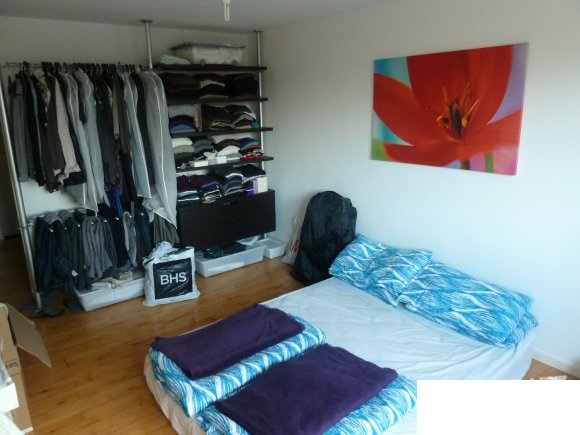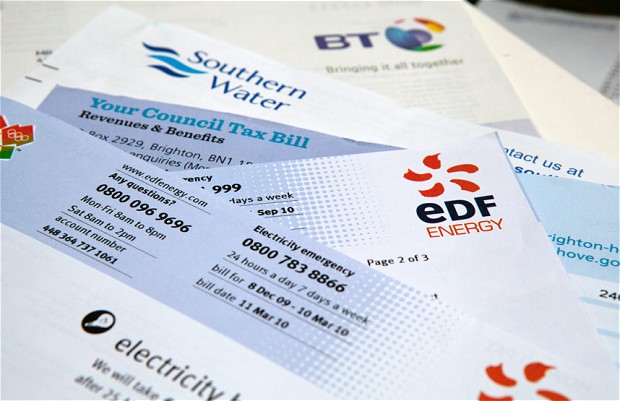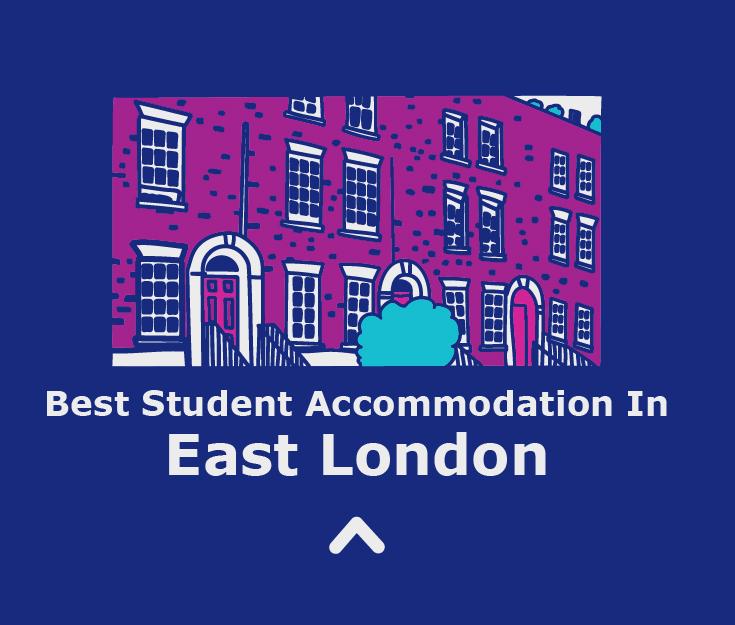How to Find the Right Place in London?
Exploring
5 mins read
Share

Updated at: 25 November, 2025
Published at: 12 January, 2020
By Casita Team
How to Find the Right Place in London?
Exploring
5 mins read

Updated at: 25 November, 2025
Published at: 12 January, 2020
By Casita Team
Share
London is a wonderful city. It is hardly surprising that every year, millions of eager foreign visitors, students, and permanent residents flock to the city. Its extensive and wondrous history is evident in everyday life through its magnificent architectural creations, cultural and social diversity, and astounding tales. All this makes it such an iconic city. While waiting for your new exciting chapter to unfold at the university of your choice in London, the next thing you should do is find a suitable accommodation. If you don’t know where to start, we’ve got you. Read on to learn how to find the right place to live in London.
1. Consider Location
This one is quite important. You should pick the location of your student accommodation in London wisely. To find the best area to live in London, take into account several factors before you choose your accommodation, like its distance from the university, its distance from the centre of the city, its surroundings (restaurants, transportation, safety), etc. Below are some tips to help you choose wisely:
For private accommodation, a property that is within a 15-minute walk to the nearest tube station (0.5–0.7 miles or 2 bus stops) is ideal. The more stations and bus stops around, the better. In general, a journey that lasts 20–25 minutes on the bus will take the same time as on the underground because the walking distance in a tube station isn’t as short as it seems.
Try to avoid big roads because they are very noisy; if the property is near the main road, then you should check the windows for soundproofing. Ideally, you should choose a small alley that is off the main road for an easy commute.
Check if concierge service is available; otherwise, you have to find a neighbour to receive parcels for you, and that can sometimes be annoying. If the postman can’t find anywhere to drop your parcels, he will leave a card and you have to visit the Royal Mail warehouse with an ID to collect them.
Check if there are supermarkets, restaurants, shops, and convenience stores near the place, ideally within a 15-minute walk. Don’t leave yourself starving at midnight!
Check surrounding areas in the evening for security. You should avoid areas where car drivers do not follow safety instructions (such as not stopping at the zebra crossing or beeping at every pedestrian).
Most student halls are well-located on major roads, either newly built or carefully maintained annually, so there are no major security or location concerns. Halls always have concierge services.
If the hall is on the main road, try to live reasonably high up, but remember, the higher you are, the hotter it gets in the summer. The UK does NOT sell air-conditioners, and 30 degrees in London is nothing less than torture.
The closer you get to the heart of London, the more costly everything, including rent, becomes. If you're on a limited budget, think about staying somewhere farther from the city centre.

2. Choose Your Accommodation Type
There are a plethora of student accommodation options to live in London. These include private accommodation, student halls, and PBSAs. Furthermore, there are a variety of room types, including ensuites, studios, private rooms, and shared rooms. Once you've chosen the kind of accommodation you want, look into the neighbourhoods near the university of your choice. Before visiting potential residences, decide whether you want to live with someone else or not, and make a list of any other questions you have.
3. Book a Viewing
It makes sense to see potential accommodation options in person once you have a shortlist of them. Even though one in ten student groups signs a contract for the first home they see, you may want to tour a few so you can compare what is offered. Don't let expensive gadgets or appliances fool you. You don't want to rent a student home only to discover later that there are significant problems with the house that will cause you difficulties. Check gas, heating, soundproofing, concierge, and general condition. This is one of the most important things to do to find the right place in London.
4. Consider Your Budget
Depending on the academic institution you're attending, costs can vary greatly. Your maintenance loan should be enough to pay for the bare necessities. A room in a residence hall should cost between £60 and £120 per week, though this can occasionally be higher. Private flats tend to have contract prices cheaper than halls, depending on the condition of the property. All of your expenses, including Wi-Fi and security, should be covered by your rent. Even parking permits and contents insurance may be available in some locations, but there may be an additional cost.

5. Watch Out For Hidden Costs
Deposits: You always have to deposit for the place you are staying in. For private flats, it tends to be 4-6 weeks of rent, and refunds are made based on the condition when you move out. In order to get a full refund, you need to keep the flat clean and tidy and should always appoint a professional cleaner (around £200 for a 2-bedroom flat) when you move out. Always ask the agency who their favourite end-of-tenancy cleaner is and call him.
Agency/Admin fees: Private housing agencies will charge you from £75-£100 per person as a recommendation fee for their work. The amount is not one-time but payable every time you renew or change names in the contract.
Bills: The biggest hidden cost for private flats. Bills include electricity, gas, water, internet, parking, and a TV licence if you have one. For a 2-bedroom flat, bills per person can vary between £50-£100 per month with different summer and winter rates, and you are the one liaising with service providers (from setting up and signing contracts to repairs) unless the landlord or agency is kind to do it for you. From our own experience, they tend not to get involved in bills and utilities. Student halls often include all bills; what is said in the contract is what exactly you pay.
6. Start Looking Early
In order to find the right place in London that suits you best, you need to start doing some research early. Although there are many accommodation alternatives available to students, they become more and more in demand as the enrollment date approaches. The earlier you can start exploring accommodation options, the better. If you find a home or a particular room appealing, schedule a viewing as soon as you can.
7. Ask Questions That Matter
The obligations of both the tenant and the landlord will be specifically outlined in the contract or lease agreement. Before signing, make sure you have carefully read the contract and that you understand and accept everything in it, because you will be required to abide by the agreement once you sign it. Also, do not be afraid to ask questions if you do not understand something. Here is a suggested list of questions to ask before committing:
How fast is the broadband?
If not included, how much are the bills?
What is the contract's bare minimum term?
What furnishings, fittings, and fixtures are present?
How much of a deposit will you pay?
When is the move-in date?
How much will the agency fees be, if any?
There you have it!
This was your all-inclusive guide on how to find the right place to live in London. Reach out to Casita to help you secure your room before arriving in the UK. We’ll also help you settle in after you’ve arrived and will answer any questions you might have.
Exploring
By Casita Team
Share
Exploring
Updated at:
Published at:
By Casita Team
Share


